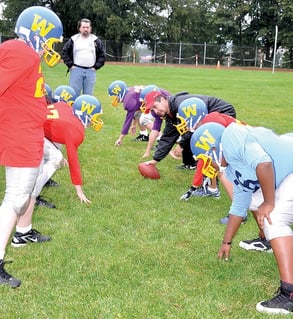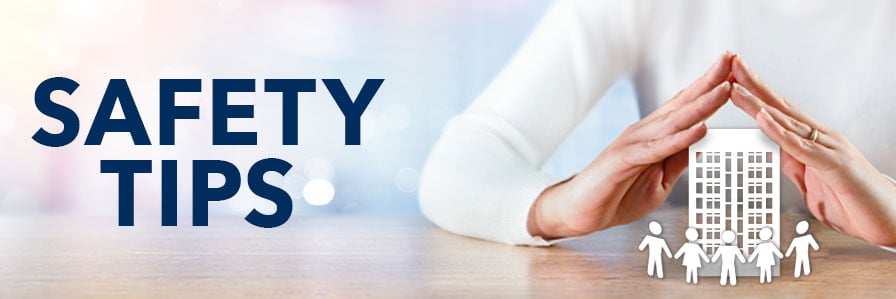Concussions in the News: A series of concussions during a youth football game nearly claimed the life of a 13-year-old athlete. He is now permanently disabled. During the game the boy suffered a blow to the head that did not cause a loss of consciousness, but did result in him missing three plays. No evaluation was done and he returned to the game where he suddenly collapsed after a hard play. He did not get up this time and had to be airlifted to a nearby hospital where he suffered multiple strokes, underwent several life saving surgeries, and spent three months in a coma. Even after extensive treatment and rehabilitation, it was nine months before he spoke again, 13 months before he moved his limbs, and twenty months before his feeding tube was removed.
What is a Concussion?
A concussion is a type of brain injury caused by trauma to the head. Concussions can occur from bumps, blows, or jolts to the head that cause the brain to move rapidly inside of the skull. The repercussions of a concussion can range from mild to severe, but all head injuries should be treated seriously. Potential long-term effects of concussions can include severe cognitive and neurological damage.
Concussions are occurring at alarming rates with sports participants. Consider these statistics:
- There are as many as 3.8 million sports- and recreation-related concussions in the United States annually, which has caused the Center for Disease Control (CDC) to list sports-related concussions at “epidemic levels.”
- Over the last decade the rate of concussions from sports has doubled.
- Sports-related concussions are the second leading cause of traumatic brain injury for young people only after motor vehicle crashes.
- Concussions accounted for 6% or 135,000 of the 2.4 million sports-related emergency room visits for youths aged 5-18.
Recognizing Concussions
Because concussions can occur from seemingly minor impacts to the head, it is important to be able to recognize all of the symptoms. There are numerous symptoms associated with concussions and an individual suffering from a concussion may only exhibit one of them. If there is any indication someone experienced a concussion, it is important to remove them from the activity and get them evaluated. There are two classes of concussion symptoms; those observed by coaches, staff and others and those experienced by the individual themselves.
Observed Symptoms |
Reported Symptoms |
| Seems confused, dazed, or stunned | Nausea or vomiting |
| Any loss of consciousness | Headaches |
| Appears forgetful about injury or activity that caused it | Dizziness or difficulty maintaining balance |
| Responds slowly to questions | Difficulty seeing; blurry or double vision |
| Struggles to respond to basic questions | Concentration or memory problems |
| Moves clumsily | Light and noise sensitivity |
| Behavior or mood swings |
Responding to Concussions
Remove the Injured Person from the Activity
This is the most important step in responding to potential concussions. As seen in the story at the beginning of this article, individuals may seem fine after experiencing a concussion, but further concussions can result in severe injuries and even death.  It is always best to be cautious and pull someone out of activities if you suspect a concussion has occurred.
It is always best to be cautious and pull someone out of activities if you suspect a concussion has occurred.
Seek Professional Evaluation
Do not attempt to evaluate the injured person yourself. It is important to make sure the evaluation is conducted by a trained healthcare professional. The injured person may require treatment from a specialized professional and quick treatment may lessen their symptoms. It is important, however, to record the following information regarding the injury which may help the healthcare professional
- Cause of injury (blow to the head, collision, fall, etc.)
- Knowledge of previous concussions
- Memory loss of confusion following the injury
- Any loss of consciousness
- Any other symptoms exhibited
Inform Parents or Guardians
If the injured person is a minor, alert their parents or guardians regarding a possible concussion, and make sure they are aware they need to have their child evaluated by a qualified healthcare professional. Also, require a doctor-signed release for their son or daughter to participate in any more activities.




